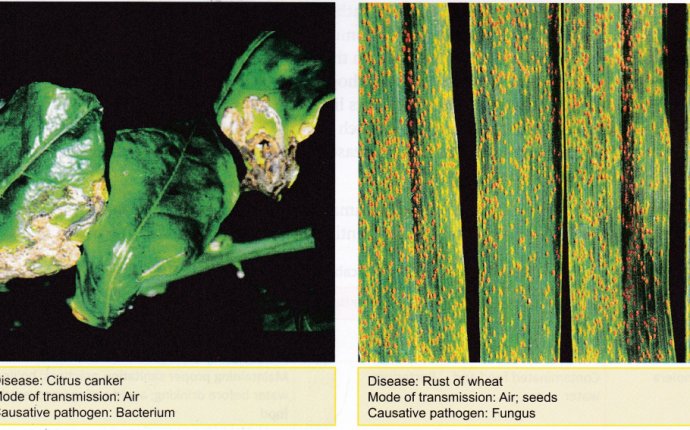
What are the uses of Microorganisms?
![]() You may hear the word "bacteria, " and shudder, thinking of the bacteria that can cause sickness and the spread of illness. But not all bacteria is bad. In fact, some bacteria is necessary for us to live, eat, work and feel healthy. Helpful bacteria makes good use of itself in foods, in your garbage can and in your digestive system. Although bacteria generally has a bad reputation, more is being learned about good bacteria and how it helps us every day.
You may hear the word "bacteria, " and shudder, thinking of the bacteria that can cause sickness and the spread of illness. But not all bacteria is bad. In fact, some bacteria is necessary for us to live, eat, work and feel healthy. Helpful bacteria makes good use of itself in foods, in your garbage can and in your digestive system. Although bacteria generally has a bad reputation, more is being learned about good bacteria and how it helps us every day.
The National Center for Complementary and Alternative Medicine touts the importance of good bacteria, called probiotics. Friendly bacteria give you protection from the microorganisms that could cause serious illness. The ACCAM contends that if you change the microorganisms in the digestive tract, you can make a patient healthier.
Good bacteria also aids in healthy digestion. Bad eating habits and fatty foods can make you irregular or uncomfortable. The good bacteria found in sources like yogurt help to break down those enzymes so that you digest them more easily. The NCCAM also points out that good bacteria promote absorption of nutrients, giving you a healthier body.
It might sound surprising, but certain forms of bacteria can actually produce insulin. Insulin is necessary for the breakdown of sugars in the body, and an insulin deficiency often leads to diabetes. New research done on mice by Cornell University suggests that one day, healthy bacteria could replace insulin shots for diabetics, as it triggers insulin production in the body.
If you hate using smelly and harmful insecticides, you may think about turning to bacteria as a form of natural pest control. ScienceDaily.com reports that certain bacteria take on new characteristics when applied to certain plants, and when consumed by pests like aphids, causes them to degenerate and reproduce more slowly, resulting in natural pest control for you.
Next time you're enjoying a fine cheese and wine plate with a perfectly aged cheddar, remember that the bacteria found in lactic acid had something to do with the aging and maturing of that wheel of cheese. Bacteria is stimulated while the cheese ages, moving the maturation stage along and giving your favorite types of cheese their distinct flavors.



